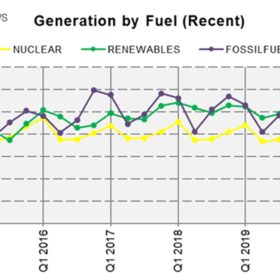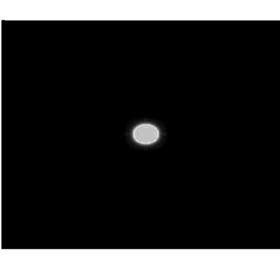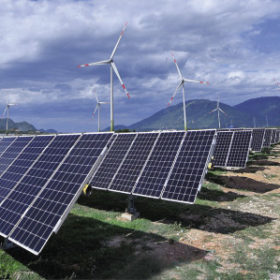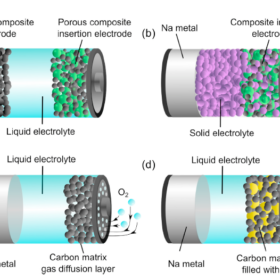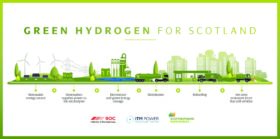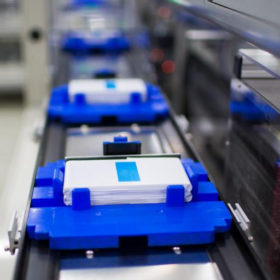Solar generation retreats as hydro and wind lead Euro renewables dominance
Clean energy electricity generation surpassed that from nuclear and fossil fuels for the sixth successive quarter in the July-to-September window, according to data analyst Enappsys, but Europe saw a fall in solar output and demand patterns at the end of the window may presage a second wave of Covid-19.
Checkerboard solar cell design for improved light diffraction
A U.K.-Portuguese research group is proposing a new solar cell design based on diffraction gratings – optical components that split and diffract light into several beams. They claim this could lead to a 125% improvement in light trapping.
Nuclear ‘not an effective low carbon option’
Researchers in the UK have analyzed 25 years of electricity-production and carbon emissions data from 123 countries. Their findings show renewables are considerably more effective than nuclear in reducing carbon emissions from energy generation and that the two technologies tend to get in each other’s way when considered in a joint approach.
Over-irradiance events affect utility scale PV components
Researchers are seeking to understand the extent to which sudden spikes in irradiance can affect solar power plants. The preliminary findings indicate large scale PV projects are not immune to such events, especially when the spikes last longer than a minute.
US and UK discover lithium as IHS Markit projects battery price to fall below $100/kWh
The business intelligence firm has projected storage costs will continue their downward trajectory on the back of product and process optimization. That will favor a higher adoption rate in automotive and grid applications, the analysts say. Elsewhere, discoveries of lithium in the U.S. and the U.K. have raised hopes for lower raw material costs and more supply chain diversity.
‘Nuclear power is now the most expensive form of generation, except for gas peaking plants’
The latest edition of the World Nuclear Industry Status Report indicates the stagnation of the sector continues. Just 2.4 GW of net new nuclear generation capacity came online last year, compared to 98 GW of solar. The world’s operational nuclear power capacity had declined by 2.1%, to 362 GW, at the end of June.
An optimistic – but realistic – perspective for sodium batteries
International researchers have analyzed the potential of sodium-based energy storage and found recent technical advances have arrived faster than those for the lithium-ion batteries which have been studied for three decades. Issues remain, however, before sodium constitutes a complementary option to lithium.
Hitachi halts 5.8 GW of UK nuclear plans
With the Japanese conglomerate this week walking away from two new nuclear plants in the United Kingdom, project developer Horizon Nuclear Power has confirmed all activities at both sites will cease. The facilities had struggled to secure funding despite offers from government. Horizon said it will ‘keep lines of communication open’ regarding the future of the sites.
Scottish Power to bring parent’s hydrogen expertise to northern Europe
The U.K. utility is a partner in the Green Hydrogen for Scotland initiative which aims to be fueling commercial vehicles with sustainable hydrogen within two years, starting with a 10 MW electrolyzer on the outskirts of Glasgow.
National lithium-ion battery supply chains ranked
Analysts at Bloomberg New Energy Finance have quantified the influence of markets around the world. The ranking supplies a snapshot of 25 countries and also offers a five-year outlook.
